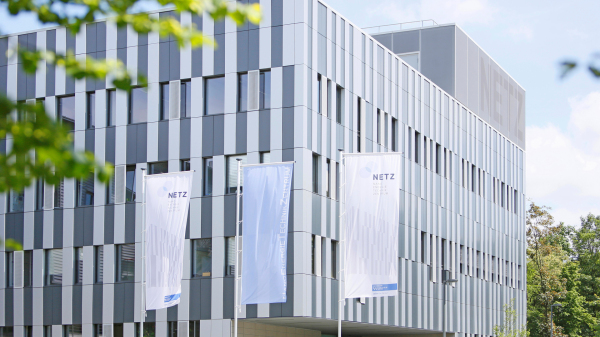Research in Engineering
Faculty specialisations
The Faculty of Engineering has updated and summarised the structure of its research activities in distinctly interdisciplinary faculty focal points. These focus areas bundle the research activities of the majority of the subject areas across departmental boundaries. They are based on an analysis of the competences and scientific activities already developed over many years by the members of the Faculty of Engineering.

Tailored Materials
The Tailored Materials research focus encompasses both basic and application-orientated research. In addition to the further development, processing and integration of materials, there is a particular focus on the interdisciplinary approach.

Human-Centered Cyber-Physical Systems
The digitalisation of the real world creates a cycle of data that is collected and processed by sensors. The aggregation and utilisation of this data contributes to the control of the physical world. A particular focus is on the interaction between humans and technology.

Energy and Resource Engineering
In order to ensure a sustainable energy supply, new concepts for energy generation, storage and transport must be researched. For the time being, the focus is on hydrogen. Future mobility and the optimal utilisation and conversion of resources are also at the forefront.
Research areas
The engineering sciences at the University of Duisburg-Essen, with their closely networked departments, achieve a unique breadth of research. It is closely linked to teaching at the highest level, which is orientated towards the faculty's main areas of specialisation. Supported by the five affiliated institutes and other co-operating institutions, the faculty efficiently and quickly translates its research findings into application-ready practical projects together with partners from other national and international research institutions as well as business and industry.

Research areas
With their closely interlinked specialisms, the engineering sciences achieve a unique breadth of research, which is why they are highly regarded and networked in many areas, both nationally and internationally.

Specialist areas/Working groups
The three networked departments of Civil Engineering, Electrical Engineering and Information Technology and Mechanical and Process Engineering are divided into specialised fields or working groups.

Cooperations
In order to exploit synergies with other faculties, research activities have been bundled in centres. The associated institutes are an important element of application-oriented research and provide a link to industry.
Research reports
Early Career Researchers give us an insight into their current research projects and present the work of individual specialisms or working groups. In this way, we publicise research and generate more visibility within the faculty and externally. The article is also published on the faculty's LinkedIn account.
If you would also like to present your research here, please send an e-mail to the research coordinator
Dr Miriam Böhm (miriam.boehm@uni-due.de)
To the reports
